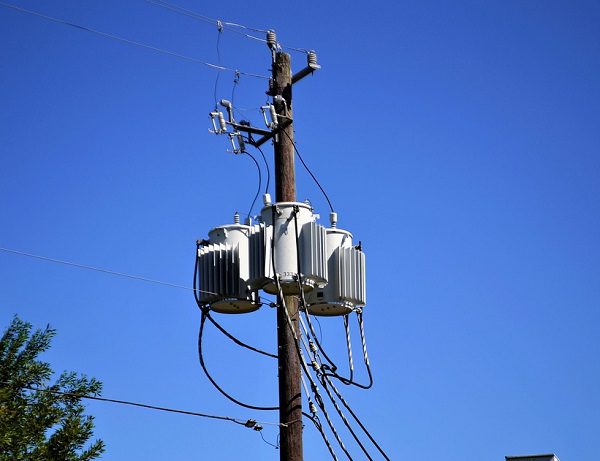BALTIMORE, MD—A new report from the Chesapeake Bay Foundation (CBF) suggests that a proposed Maryland transmission line project would threaten over 500 acres of protected land, including forests and wetlands.
According to a Chesapeake Bay Foundation (CBF) report, the Maryland Piedmont Reliability Project, a proposed 70-mile transmission line through Baltimore, Carroll, and Frederick Counties, would threaten over 500 acres of protected land, including vulnerable forests and high-quality watersheds. The CBF study, using data from project developer Public Service Enterprise Group (PSEG), found that the project’s right-of-way would impact 514 acres of protected areas, including 374 acres under Maryland agricultural preservation foundation easements, Forest Conservation Act acres, and a portion of Gunpowder Falls State Park. Additionally, the line would cross through 483 acres of Tier II watershed, considered high-quality water resources, 377 acres of forest, 47 acres of wetlands, and 125 acres of riparian buffer vegetation.
The CBF’s GIS survey assumes a 150-foot-wide easement along the transmission line.
Gussie Maguire, CBF Maryland Staff Scientist, emphasized the potential environmental damage if the project proceeds without careful consideration.
“If done thoughtlessly, this project would be a huge backslide on Maryland’s robust environmental investments,” Maguire stated. However, she highlighted the importance of enforcing strict regulations to minimize environmental losses and support affected communities.
The Maryland Piedmont Reliability Project, proposed by PSEG, aims to address the growing energy demands from data centers in Northern Virginia. The project involves the construction of a 500,000-volt transmission line, requiring a 550-foot-wide area of impact. While PJM, Maryland’s electric grid operator, deems the line necessary, all three counties potentially affected by the project have voiced their opposition.
Before the project can commence, PSEG must submit a permit application to the Maryland Public Service Commission (PSC), expected by the end of 2024. The PSC will then determine whether the project is classified as necessary utility infrastructure, which could exempt it from certain environmental regulations, including Maryland’s Forest Conservation Act.
CBF emphasizes the importance of setting a strong precedent with this initial permit, urging the PSC to enforce stringent environmental standards and prioritize remediation efforts. The organization highlights that this project is the first of ten planned transmission lines by PSEG in Maryland, raising concerns about the cumulative environmental impact.
The CBF urges residents concerned about the project to contact the Maryland PSC at [email protected].
This article was written with the assistance of AI and reviewed by a human editor.
Photo via Pixabay
Do you value local journalism? Support NottinghamMD.com today.

